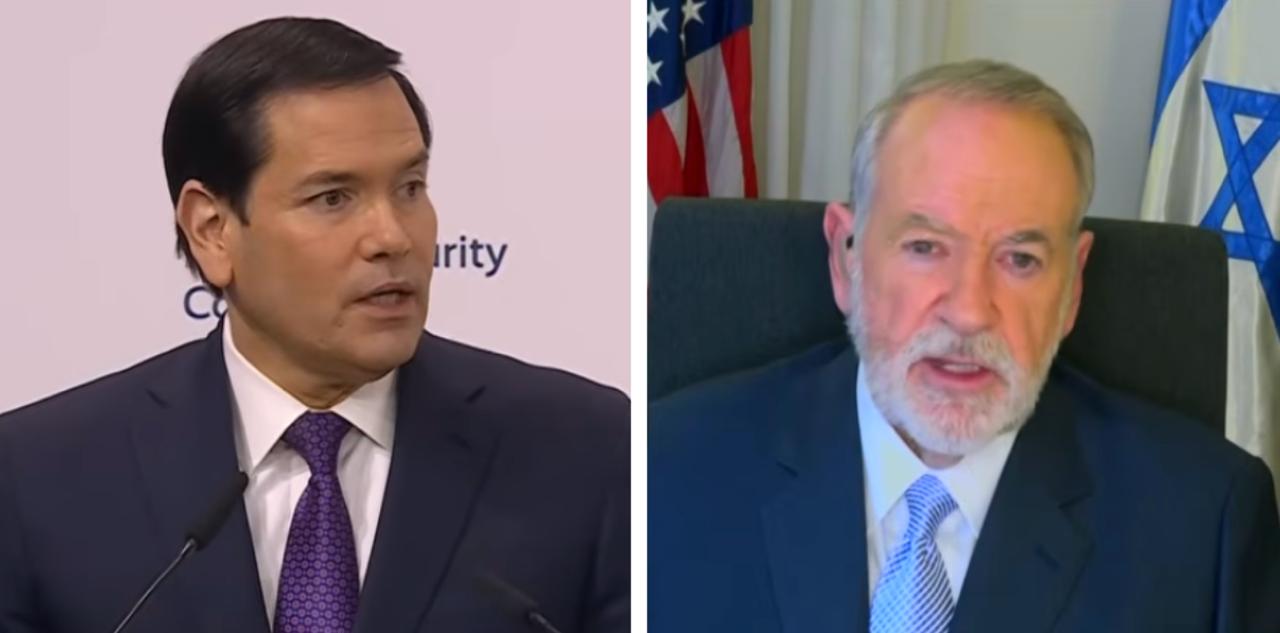It’s official. The Tories have a new leader. Her name is Kemi Badenoch.
After months of turmoil following the Conservatives’ historic electoral defeat, the 44-year-old has emerged victorious in the leadership race. Readers may recall that Rishi Sunak's leadership crumbled four months ago in a resounding defeat, which many (sane) people blamed on his contentious decision to call a snap election. With Sunak gone, Badenoch now faces the formoddable challenge of restoring credibility to her party.
Neo-Thatcherism
Badenoch’s ascent as the U.K. Conservative Party leader signals a hard return to traditional conservative values, with a focus on personal responsibility and patriotism. Born to Nigerian immigrants and now a leading force in British politics, she champions a meritocratic society and unflinchingly pushes back against “woke” ideology. Her leadership hones in on issues that resonate with core conservatives, from the importance of strong communities to demanding an immigration policy mindful of cultural cohesion.
In stark contrast to Sunak’s technocratic approach, Badenoch brings a bold, combative edge. Dubbed a “Thatcherite cultural warrior,” the qualified engineer rejects identity politics, pushing for a national identity grounded in shared British values. Many Brits would welcome a return to a time when Thatcherism reigned supreme. For those unfamiliar, Thatcherism championed a sharply conservative vision, grounded in free-market capitalism, a lean government, and strong national sovereignty. This philosophy kept government confined to core functions like defense and currency stability. Thatcher slashed tax rates and tackled inflation with stringent monetary policies. Socially, Thatcherism prized the nuclear family as a pillar of society. Geopolitically, Thatcher valued strong ties with the United States but maintained a deep wariness toward European influence. In 2024, Badenoch would be wise to adopt as much of Thatcher’s policies as possible.
Making Britain Great Again
Badenoch appears to be a common sense type of politician. For example, rather than drowning her leadership in policy minutiae, she’s crafting a robust philosophical base for the party—one rooted in conservatism’s core tenets. While acknowledging Britain's immigrant heritage, she emphasizes cultural compatibility over sheer numbers—quality over quantity. Most reasonable Brits would likely agree this is a sensible approach. As a staunch Brexiteer, she envisions a U.K. fully in control of its borders and future. She envisions a nation unimpeded by external bodies like the European Convention on Human Rights—though she stops short of advocating a full withdrawal. Badenoch's vision for a “back-to-basics” conservatism aims to restore British identity and push back against the decay she attributes to overly progressive ideologies. Much like Donald Trump, Badenoch aims to make Great Britain Great Again—a formidable challenge, and perhaps an impossible one.
Sobering Reality
You see, she takes charge at a time when the U.K. appears weaker and more chaotic than ever. If one word defines Britain’s current state, it’s “dire.” Rising crime, unchecked immigration, and growing extremist threats place the nation in a precarious position. Britain’s immigration crisis really underscores the challenges Badenoch faces.
Recent projections indicate a population swell of 6.6 million by 2036—92% of it due to immigration. Instead of boosting economic growth, this influx has coincided with a surge in crime. More specifically, violent crime. Over the past decade, violent crime rates have climbed by more than a third, topping 1,200 crimes per 100,000 people. Weapons offenses, rapes, public disorder, and especially knife crime—up over 20% in England and Wales—paint a troubling picture. The reduction in police numbers only exacerbates these issues, straining public safety efforts.
Extremism also looms large. The recent Southport terror attack, carried out by Axel Rudakubana, a young man found with Al-Qaeda materials and ricin, shocked the nation and reignited calls for stricter immigration policies. Such incidents fuel public anxiety and provide fertile ground for Nigel Farage’s populist rhetoric. His outspoken stance on crime and immigration connects directly with those who feel abandoned by the political elite. While Badenoch’s dedication to conservative principles remains steadfast, her ideological stance may come off as too detached from Britain’s urgent issues. She's good, but is she good enough?
The Threat From Farage
In contrast, Farage—Britain’s closest equivalent to a Donald Trump figure—promotes an even more hardline approach than Badenoch. His rising popularity, along with that of his party, Reform UK, demonstrates that his message resonates strongly with a significant portion of the electorate.
The British public is fed up—not just with left-leaning politicians but with a political class that has consistently failed to deliver. Keir Starmer’s historic 49-point drop in approval ratings, following his landslide victory only months ago, underscores the nation’s growing impatience with weak, abject leadership. While Starmer may be a bumbling socialist, he reflects a deeper issue: the scarcity of competent politicians in the UK. The British public, weary of empty promises and ineffective governance, has little patience for the rising crime and unchecked immigration plaguing the nation. This disillusionment has fueled Farage’s popularity; the beer-chugging, cigarette-loving commoner speaks plainly to those who feel ignored, addressing issues that others dodge or dress up. If Badenoch doesn’t present a concrete, assertive plan for tackling Britain’s pressing crises, even her conservative base may turn away. Voters want bold, uncompromising action—if the Conservatives can’t deliver it, more will turn to Farage for leadership.
JOHN MAC GHLIONN: Will Kemi Badenoch crash and burn as the new Tory chief?
Badenoch’s ascent as the U.K. Conservative Party leader signals a hard return to traditional conservative values, with a focus on personal responsibility and patriotism.
Popular
View All-
Rubio tells US officials to 'avoid all commentary' that could weaken Iran talks after Huckabee-Carlson interview
-
UK man charged over burning Quran in political protest sees verdict overturned in High Court
-
BRIAN MCNICOLL: Drug costs set to plummet thanks to Trump’s historic reforms
-
JILLIAN BALOW: Why I want to represent Wyoming in joining President Trump to disrupt Washington
-
Over 500 bags of human remains found in Cartel-ravaged Guadalajara near World Cup venue
-
Man wearing 'I Support Palestine Action' jumpsuit arrested for vandalizing London statue of Winston Churchill





